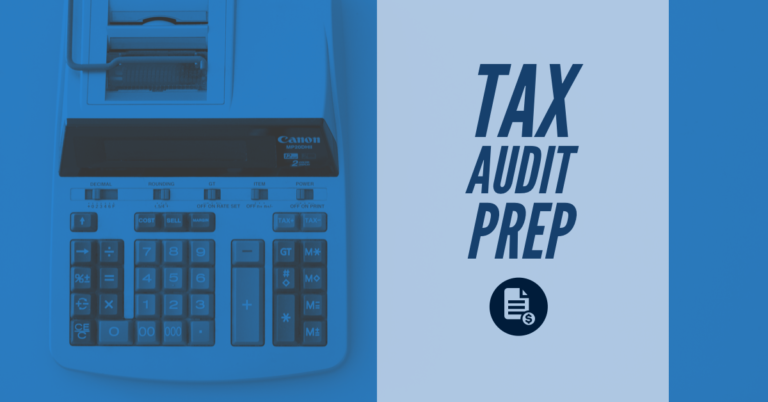As the summer season approaches, many parents struggle with childcare, and day camps can be a lifesaver. Did you know that some of these expenses could potentially be tax-deductible? That’s right!
Under the Child and Dependent Care Credit, eligible taxpayers may be able to deduct a portion of their day camp costs. In this article, you’ll learn about the requirements and guidelines for claiming this credit and also get help navigating the process.
Understanding the Child and Dependent Care Credit
The Child and Dependent Care Credit is a tax credit provided by the Internal Revenue Service (IRS) to help alleviate the financial burden of child and dependent care expenses for working parents.
While most people associate this credit with daycare or after-school programs, it’s important to note that it can also be applied to qualifying day camps during the summer.
Qualifications for Deducting Day Camp Expenses
To qualify for the Child and Dependent Care Credit, you must meet certain criteria:
Eligible children
The expenses must be incurred for a child under the age of 13 who is claimed as a dependent on your tax return. The credit can also be claimed for expenses incurred for a disabled spouse or dependent of any age who is physically or mentally incapable of self-care.
Employment-related
The day camp expenses must be incurred to enable you and your spouse, if applicable, to work or actively look for work. If you’re married, both spouses must be employed or seeking employment, unless one spouse is either a full-time student or disabled.
Qualified provider
The day camp must be provided by a qualified provider who meets certain requirements; day camps are often provided by community or fitness organizations, like local municipalities, gyms, and the YMCA. Generally, a qualified provider is someone other than your spouse, a parent of the child, or a person you can claim as a dependent.
Credit limitations
For 2023, the maximum credit limit is:
- $3,000 for one child or dependent
- $6,000 for two or more children or dependents
These limits apply to both daycare expenses and qualifying day camp costs.
Documentation
It’s essential to keep accurate records of your day camp expenses, including receipts, invoices, or statements. You’ll need this documentation when filing your tax return.
Claiming the Child and Dependent Care Credit
To claim the credit for day camp expenses, you or your accountant will need to complete Form 2441, Child and Dependent Care Expenses, when filing your federal income tax return.
Provide the necessary information regarding your day camp expenses, the name and taxpayer identification number (TIN) of the care provider, and any other required details.
Useful Tips for Maximizing Your Day Camp Tax Deductions
Here are a few tips to help you maximize your tax deductions when it comes to day camp expenses:
- Explore flexible spending accounts (FSAs): FSAs allow you to set aside pre-tax dollars to cover eligible expenses. If your employer offers an FSA program, consider utilizing it to pay for day camp costs.
- Check for additional state-level benefits: Some states offer additional tax credits or deductions for child and dependent care expenses. Talk to your accountant or research the specific credits in your state.
- Verify the camp’s eligibility: Before enrolling your child in a day camp, confirm that it meets the criteria outlined by the IRS to ensure you can claim the credit. The camp should provide you with a taxpayer identification number (TIN) or employer identification number (EIN) for your records.
As a taxpayer, understanding the intricacies of tax deductions can help you optimize your financial situation. By taking advantage of the Child and Dependent Care Credit, you can potentially reduce the costs of day camp expenses while providing enriching experiences for your children.
Be sure to consult a tax professional and refer to official IRS guidelines to ensure compliance with tax laws and make the most of available deductions.
Additional information: IRS Child and Dependent Care Credit
More Information
If you have questions, contact us to discuss your situation.
To check out our other articles on business topics, click here.
Smith Patrick CPAs
Smith Patrick CPAs is a growing firm based in St. Louis, MO. From accounting to wealth management, our team takes a consultative approach. We provide excellent, personal service to small businesses and financially active individuals. It’s our goal to help you to make the best decisions, saving you money and headaches.
About Smith Patrick CPAs
Smith Patrick CPAs is a boutique, St. Louis-based, CPA firm dedicated to providing personal guidance on taxes, investment advice and financial service to forward-thinking businesses and financially active individuals. For over 30 years, our firm has focused on providing excellent service to business owners and high-net worth families across the country. Investment Advisory Services are offered through Wealth Management, LLC, a Registered Investment Advisor.





